Every year, the October 16th, the world celebrates the World Food Day to raise awareness about theglobal food insufficiency and promote actions to address this problem. Celebrating this day gives us the opportunity to reflect on the state of nutrition in the world and on the challenges that humanity must face to guarantee everyone a sustainable future.
This year's theme is Water is life, water nourishes us. Don't leave anyone behind., which seems tailor-made for thinking aboutprecision agriculture which has in its DNA theuse of water without waste.
Consequently, the World Food Day it also becomes a moment to reflect on how the aagriculture 4.0 can contribute to improve global food security.
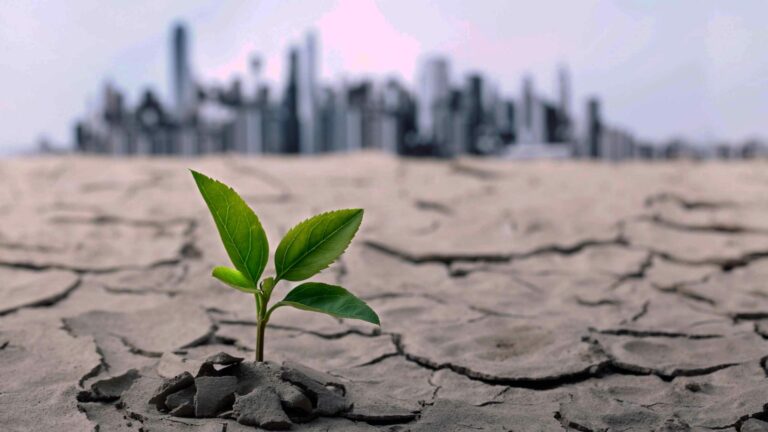
World hunger: an unparalleled challenge
As we live in an age of technological progress and abundance, hunger persists as a plague affecting millions of people around the world. According to the United Nations, approx 9.2% of the world population (about 690 million people) suffers from chronic hunger.
The causes are complex and include poverty, climate change, wars, but also unequal distribution of food resources.
On this World Food Day we focus on howprecision agriculture can help counteract some of these causes.

Precision agriculture: technological revolution in food
Precision agriculture uses advanced technologies and the data collection and processing to optimize food production. It offers farmers innovative tools to be more precise, better manage resources, increase productivity and reduce the environmental impact of agricultural activity.
Here's how precision agriculture can help nourish the future:
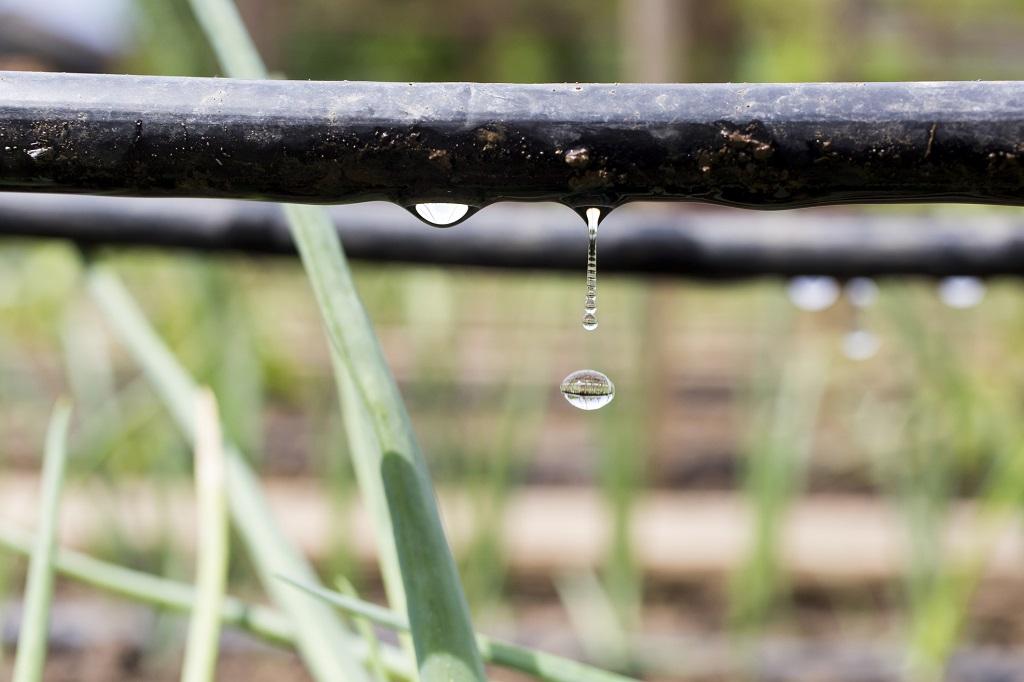
Efficient use of resources
Thanks to satellite images, sensors and drones, farmers can precisely monitor their soil and optimize irrigation and fertilizer use. This means less waste of water and energy And less chemical pollution, helping to make agriculture more sustainable.
Increased productivity
The data collected can help farmers make informed and informed decisions objective and accurate information. For example, they can determine the best time to sow, irrigate or harvest, which increases productivity of crops.
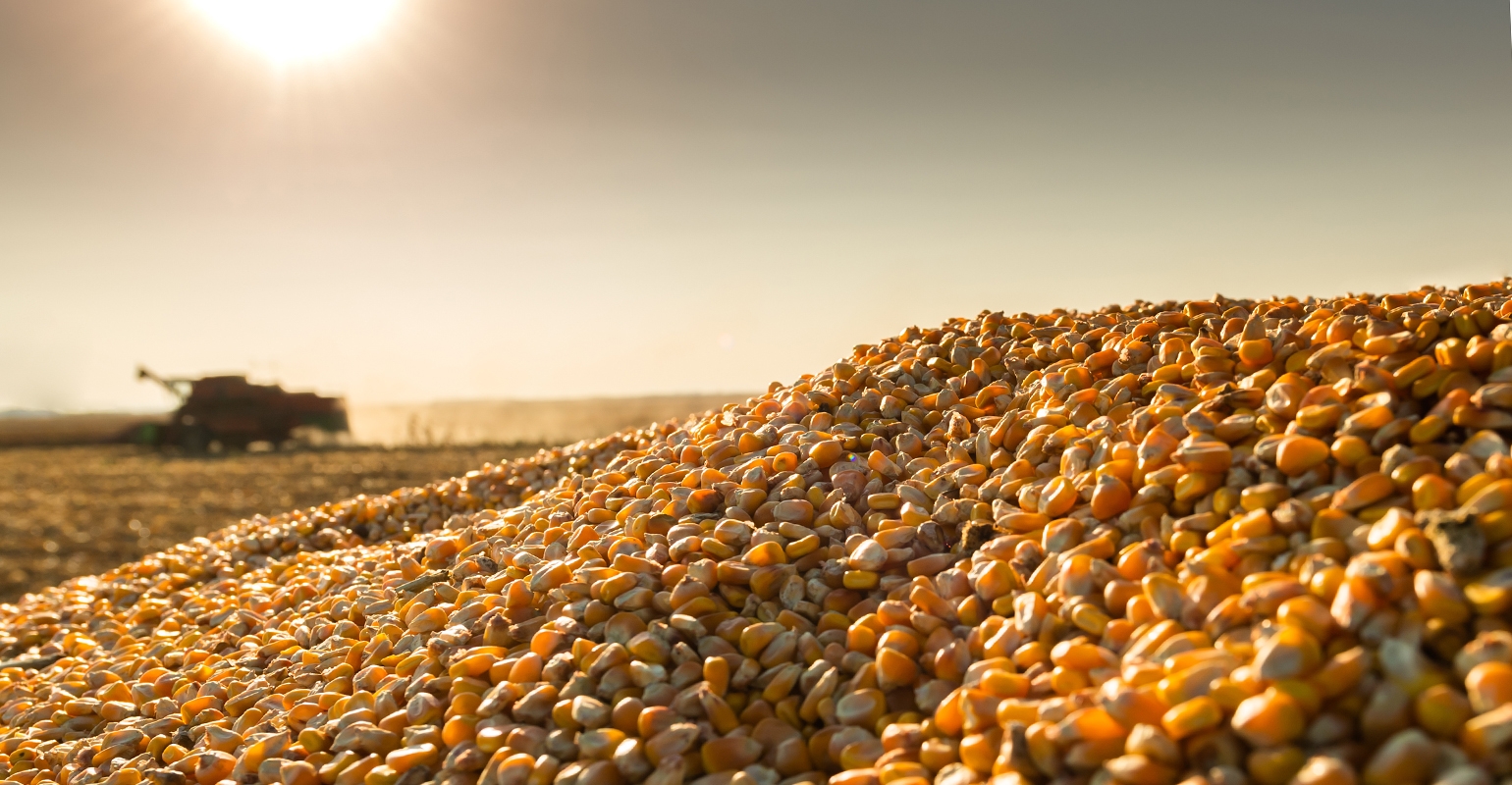
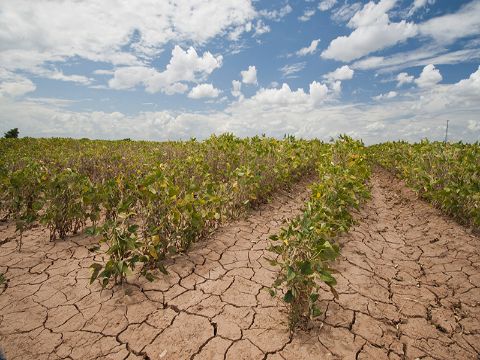
Adaptation to climate change
Climate change poses a significant threat to agriculture, but the precision farming can help farmers mitigate its negative effects. By carefully monitoring the climatic conditions and adapting agricultural practices as a result, farmers can face epochal challenges such as rising temperatures, droughts, floods.
Reduction of food losses
Precision agriculture can help prevent food losses during cultivation and harvesting, helping to monitor and anticipate the onset of crop diseases or stress and choose the best time to harvest.
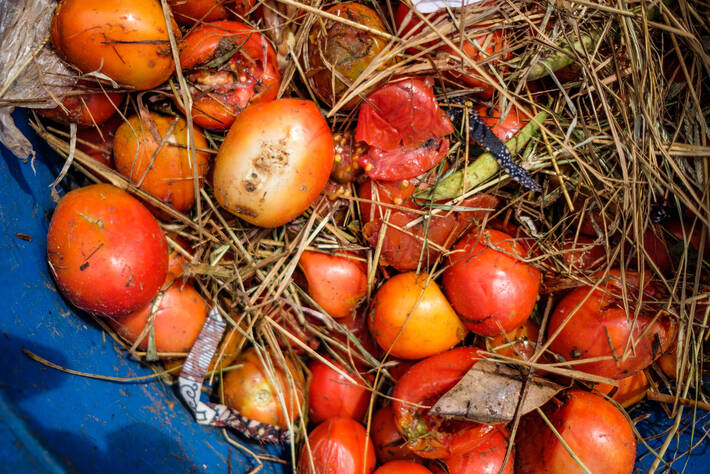
The future of nutrition
World Food Day reminds us that Feeding the world is a collective challenge which requires coordinated global actions.
There technology, including precision agriculture, can be a precious ally in this mission, but it is only one of the tools we have to improve food security and reduce world hunger.
Tackling global hunger therefore also requires a commitment to reducing poverty, improving access to education and fighting climate change. You also need to ensure that technologies such as precision agriculture are accessible to all farmers, even those who are poorest and live in the most disadvantaged regions of the world.


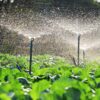
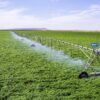
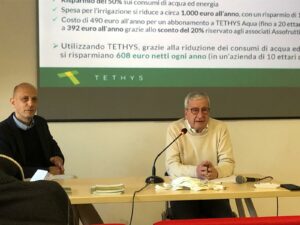
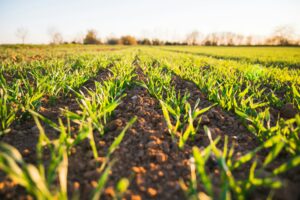
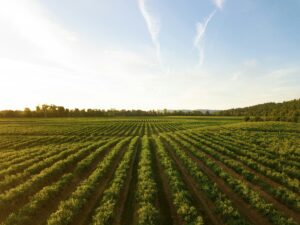
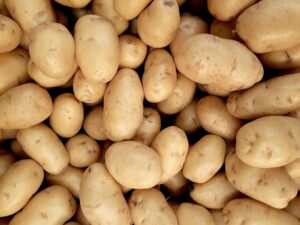


Leave a reply